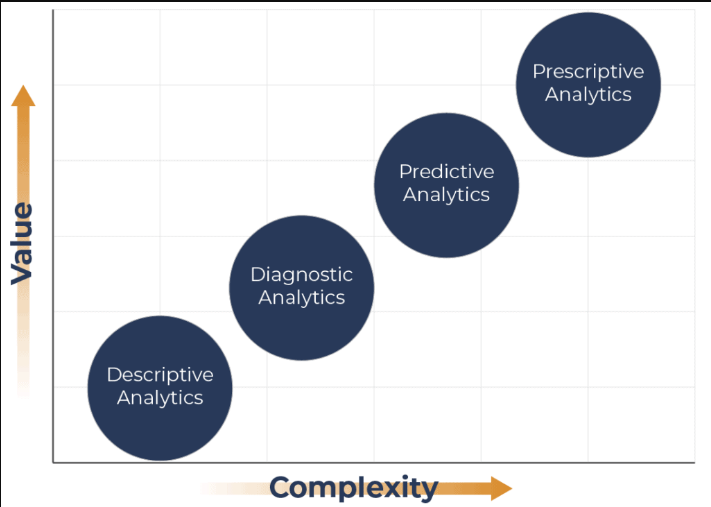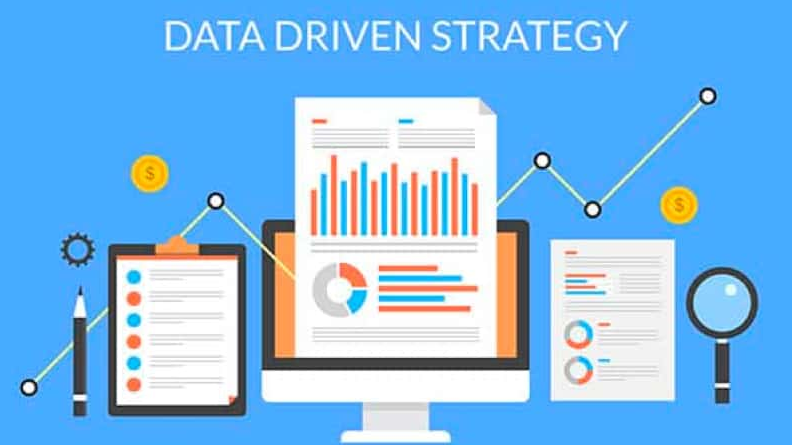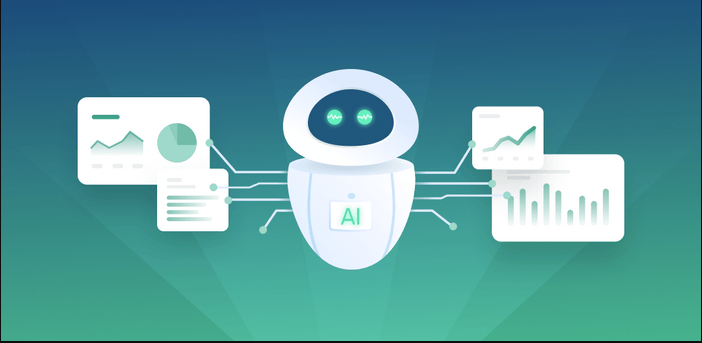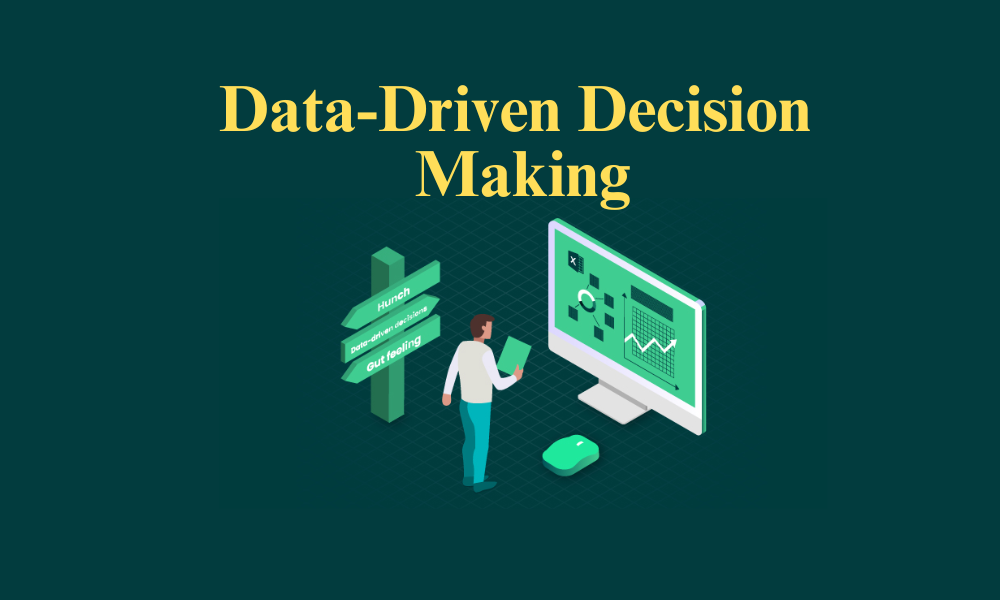In today’s fast-paced digital world, making decisions based on gut feelings is no longer enough. Data-driven decision making has become essential for businesses looking to stay competitive and optimize their campaigns. By leveraging analytics, companies can gain valuable insights, refine their strategies, and achieve better results.

What exactly does it mean to make data-driven decisions, and how can you use analytics to enhance your campaigns? Let’s dive in and explore.
Understanding Data-Driven Decision Making
Data-driven decision making involves using data and analytics to guide your decisions and actions. Instead of relying on intuition, businesses analyze data to identify trends, measure performance, and make informed choices. The benefits of this approach are numerous, including improved accuracy, better resource allocation, and enhanced campaign performance.
Types of Data Analytics
Data analytics can be categorized into four main types:

1. Descriptive Analytics
Descriptive analytics focuses on summarizing past data to understand what has happened. It provides insights into historical performance and helps identify patterns.
2. Diagnostic Analytics
Diagnostic analytics goes a step further by examining why something happened. It looks at data to find the root causes of trends and issues.
3. Predictive Analytics
Predictive analytics uses historical data and statistical models to forecast future outcomes. It helps businesses anticipate trends and plan accordingly.
4. Prescriptive Analytics
Prescriptive analytics provides recommendations based on data analysis. It suggests actions to achieve desired outcomes and optimize performance.
Collecting Data for Your Campaigns
To make data-driven decisions, you first need to collect relevant data. There are several sources you can tap into:

- Web Analytics: Tools like Google Analytics track website performance and user behavior.
- Social Media Analytics: Platforms like Facebook Insights and Twitter Analytics provide data on social media engagement.
- Customer Surveys: Direct feedback from customers can offer valuable insights into their preferences and behaviors.
Various tools can assist in data collection, such as CRM systems, marketing automation platforms, and survey software.
Analyzing Data Effectively
Once you have collected the data, the next step is to analyze it. Here are some common methods and tools:
- Statistical Analysis: Techniques like regression analysis and hypothesis testing can uncover relationships within your data.
- Data Visualization: Tools like Tableau and Power BI help present data in an easily digestible format.
- Machine Learning: Advanced algorithms can identify patterns and make predictions based on your data.
Key Metrics to Monitor
To optimize your campaigns, focus on these key metrics:
- Conversion Rates: The percentage of visitors who complete a desired action, such as making a purchase.
- Click-Through Rates (CTR): The ratio of clicks on an ad to the number of times it’s shown.
- Return on Investment (ROI): Measures the profitability of your campaigns relative to their costs.
Implementing Data-Driven Strategies
Data-driven strategies start with setting clear, measurable goals. Use data to define your objectives and create targeted campaigns that resonate with your audience. For example, if your data shows that a particular demographic is highly engaged, tailor your content to appeal to them.

Common Challenges and Solutions
Data-driven decision making is not without its challenges. Here are some common issues and how to address them:
Data Privacy Concerns
With increasing regulations, it’s crucial to handle data responsibly. Ensure compliance with laws like GDPR and educate your team on best practices.
Data Quality Issues
Poor data quality can lead to inaccurate insights. Regularly clean and validate your data to maintain its integrity.
The Role of AI in Data Analytics
Artificial Intelligence (AI) is revolutionizing data analytics. AI tools can process vast amounts of data quickly and provide deeper insights. By automating routine tasks, AI frees up time for more strategic analysis.

Tools and Software for Data-Driven Campaigns
There are many tools available to support data-driven marketing:
- Google Analytics: Comprehensive web analytics platform.
- HubSpot: Marketing, sales, and service software with powerful analytics features.
- Tableau: Data visualization tool that transforms data into interactive dashboards.
When choosing a tool, consider your specific needs, budget, and the level of support offered.
Future Trends in Data-Driven Marketing
The landscape of data-driven marketing is constantly evolving. Here are some trends to watch:
- Increased Use of AI and Machine Learning: These technologies will continue to enhance data analysis and personalization.
- Greater Focus on Data Privacy: Expect more stringent regulations and a higher emphasis on ethical data use.
- Integration of Multiple Data Sources: Combining data from various sources will provide a more comprehensive view of customer behavior.
Conclusion
Data-driven decision making is a powerful approach to optimizing your campaigns. By leveraging analytics, you can gain valuable insights, make informed choices, and achieve better results. Embrace data-driven strategies to stay ahead in today’s competitive market.
Read more : Email Marketing Demystified: Best Strategies and Techniques
FAQs
Data-driven decision making involves using data and analytics to guide your decisions and actions, leading to more informed and accurate choices.
Data provides insights into customer behavior and campaign effectiveness, allowing you to refine your strategies and target your audience more effectively.
Popular tools include Google Analytics, HubSpot, and Tableau. The best tool for you depends on your specific needs and budget.
Regularly clean and validate your data, use reliable data sources, and implement strong data governance practices to maintain data quality.


